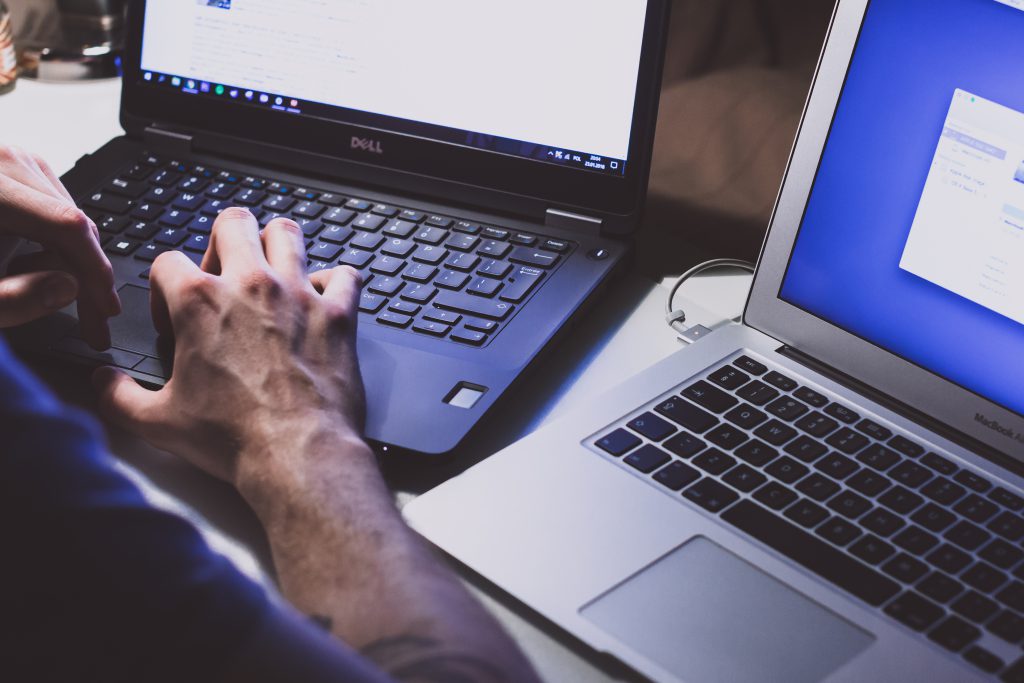A Cyber security expert recently spoke with a worried, individual data privacy advocate about what consumers can do to protect themselves from federal government and business security. Since throughout the recent web period, customers appear significantly resigned to giving up basic elements of their privacy for convenience in using their phones and computers, and have reluctantly accepted that being kept an eye on by corporations and even governments is just a reality of modern-day life.
Web users in the United States have fewer privacy protections than those in other countries. In April, Congress voted to allow internet service companies to collect and sell their customers’ searching data.
They discussed government and business security, and about what worried users can do to protect their privacy. After whistleblower Edward Snowden’s revelations worrying the National Security Agency’s (NSA) mass monitoring operation in 2013, just how much has the government landscape in this field altered?
Snowden’s revelations made individuals familiar with what was taking place, however little bit altered as a result. The USA Freedom Act resulted in some small changes in one particular government data-collection program. The NSA’s information collection hasn’t changed; the laws limiting what the NSA can do have not altered; the technology that permits them to do it hasn’t changed. It’s pretty much the same.
Individuals need to be alarmed, both as customers and as people. However today, what we care about is extremely dependent on what is in the news at the moment, and today surveillance is not in the news. It was not an issue in the 2016 election, and by and large isn’t something that legislators are willing to make a stand on. Snowden told his story, Congress passed a brand-new law in response, and people moved on.
What Does Online Privacy And Fake ID Do?
Monitoring is business design of the web. Everyone is under consistent security by numerous companies, ranging from social media networks like Facebook to cellphone suppliers. This information is gathered, compiled, analyzed, and used to attempt to offer us stuff. Individualized marketing is how these companies generate income, and is why so much of the internet is free to users. It’s a question of how much manipulation we allow in our society. Now, the response is basically anything goes. It wasn’t constantly this way. In the 1970s, Congress passed a law to make a specific kind of subliminal advertising unlawful since it was believed to be morally wrong. That advertising strategy is child’s play compared to the kind of individualized manipulation that companies do today. The legal concern is whether cyber-manipulation is a misleading and unjust business practice, and, if so, can the Federal Trade Commission step in and prohibit a lot of these practices.
We’re living in a world of low government efficiency, and there the dominating neo-liberal concept is that companies need to be complimentary to do what they want. Our system is optimized for business that do everything that is legal to optimize revenues, with little nod to morality. It’s very lucrative, and it feeds off the natural property of computer systems to produce information about what they are doing. Cellphones need to know where everyone is so they can provide phone calls. As a result, they are ubiquitous security gadgets beyond the wildest dreams of Cold War East Germany.
What You Possibly Can Learn From Bill Gates About Online Privacy And Fake ID
In general, Americans tend to skepticism federal government and trust corporations. Europeans tend to trust federal government and skepticism corporations. The result is that there are more controls over federal government monitoring in the U.S. than in Europe.
It seems that U.S. consumers are resigned to the idea of quiting their privacy in exchange for utilizing Google and Facebook for free. The survey information is blended. Customers are worried about their privacy and do not like business understanding their intimate tricks. However they feel powerless and are often resigned to the privacy intrusions since they do not have any genuine choice. People require to own charge card, bring cellular phones, and have email addresses and social networks accounts. That’s what it requires a completely functioning human being in the early 21st century. This is why we need the government to action in.
In general, security experts aren’t paranoid; they just have a better understanding of the compromises. Like everyone else, they regularly give up privacy for convenience. They just do it intentionally and purposely. Online site registration is an inconvenience to most people. That’s not the worst thing about it. You’re generally increasing the threat of having your information taken. However, in some cases it might be needed to sign up on internet sites with faux identity or you might wish to think about Yourfakeidforroblox.com..!
What else can you do to secure your privacy online? Many individuals have come to the conclusion that email is basically unsecurable. If I prefer to have a safe online conversation, I use an encrypted chat application like Signal.
While there are technical strategies individuals can utilize to protect their privacy, they’re mainly around the edges. The finest recommendation I have for individuals is to get involved in the political procedure. The best thing we can do as residents and customers is to make this a political issue.
The federal government has actually stopped working in securing customers from internet companies and social media giants. The only efficient method to control big corporations is through huge federal government. My hope is that technologists likewise get involved in the political procedure– in government, in think-tanks, universities, and so on.



